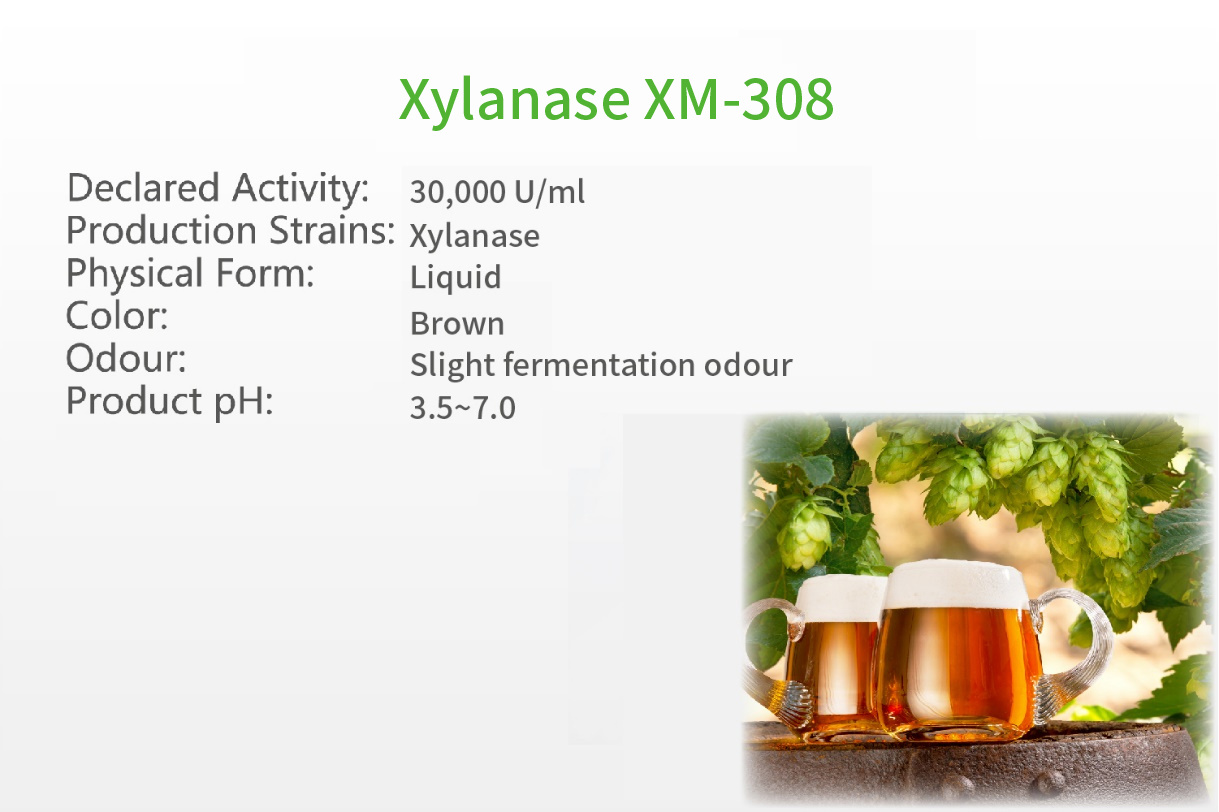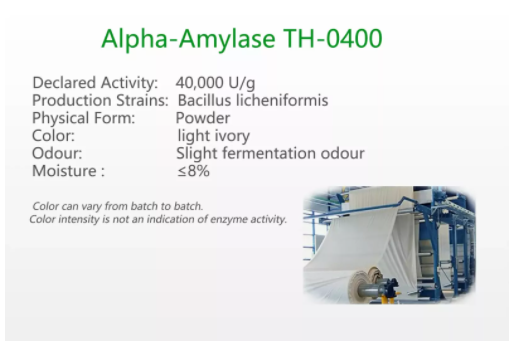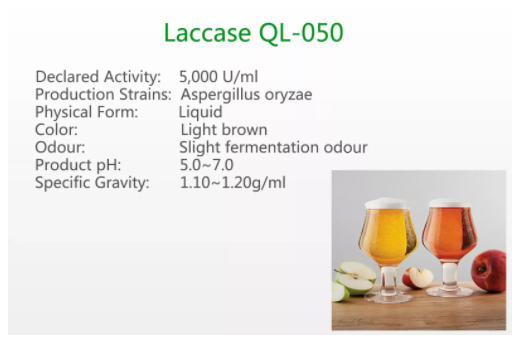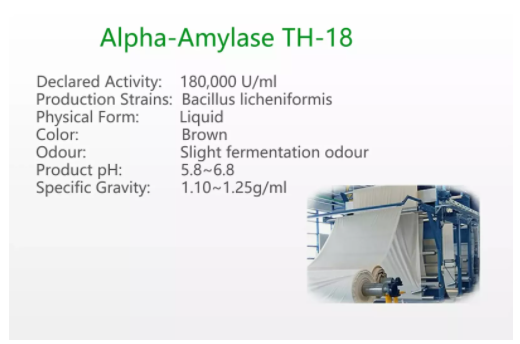Products
Contact us
Edna Yang
Tel: +86-510-8525-9383
Cell: +86-151-5221-3005
Email: edna.yang@bolibio.com
Jiangsu Boli Bioproducts Co.,Ltd.
Add: 93 Yangzhou Road, Jiangyan Economic Development Zone, Jiangsu 225500, China
Jiangsu Boyang Bioproducts Co., Ltd.
Add: 30 Tongwang Road, Nantong Economic Development Zone, Jiangsu 226010, China
Product Description
Description
Cellulase CE-100 is a liquid enzyme preparation derived from selected strains of Trichoderma reesei through submerged fermentation, extraction and refining process. It consists of endoglucanase, Cellobiohydrolase Ⅱ and β-glucosidase, with main effects on β-1, 4 bonds of the cellulose molecules. It can decompose the structure of cellulose and degrade it into oligosaccharides and glucose.
Product Characteristics
Effect of pH
Effective pH range of CE-100 is 4.0 to 6.5; the optimum pH is 4.8 (See Figure 1).
Effect of Temperature
Effective temperature range: 30 to 70°C; the optimal temperature is 55°C (See Figure 2). Inactivation may be achieved completely at temperature above 80°C in 10 minutes.
Cellulase CE-100 is a liquid enzyme preparation derived from selected strains of Trichoderma reesei through submerged fermentation, extraction and refining process. It consists of endoglucanase, Cellobiohydrolase Ⅱ and β-glucosidase, with main effects on β-1, 4 bonds of the cellulose molecules. It can decompose the structure of cellulose and degrade it into oligosaccharides and glucose.
Product Characteristics
| Declared Enzyme: | Cellulase |
| Systemic Name: | EC 3.2.1.4, 1,4-β-D-glucan 4-glucanohydrolase |
| Appearance: | Yellow brown Liquid |
| Enzyme activity: | 10,000 U/ml (Minimum) |
Effect of pH
Effective pH range of CE-100 is 4.0 to 6.5; the optimum pH is 4.8 (See Figure 1).
Effect of Temperature
Effective temperature range: 30 to 70°C; the optimal temperature is 55°C (See Figure 2). Inactivation may be achieved completely at temperature above 80°C in 10 minutes.

Applications
Most fruits and vegetables contain cellulose in varying degrees. In the fruit and vegetable processing, the use of cellulase can make plant tissue softening, improve the taste and simplify the process. In the preparation of dehydrated vegetables such as carrots, potatoes and the like, the appropriate treatment with cellulase followed by dehydration can improve the cooking and recovery of the dehydrated vegetables. In addition, degradation of cellulosic materials by cellulase can not only improve the juice yield but also clarify the finished products dramatically.
Previous
Next
Previous
Next
Online message






















